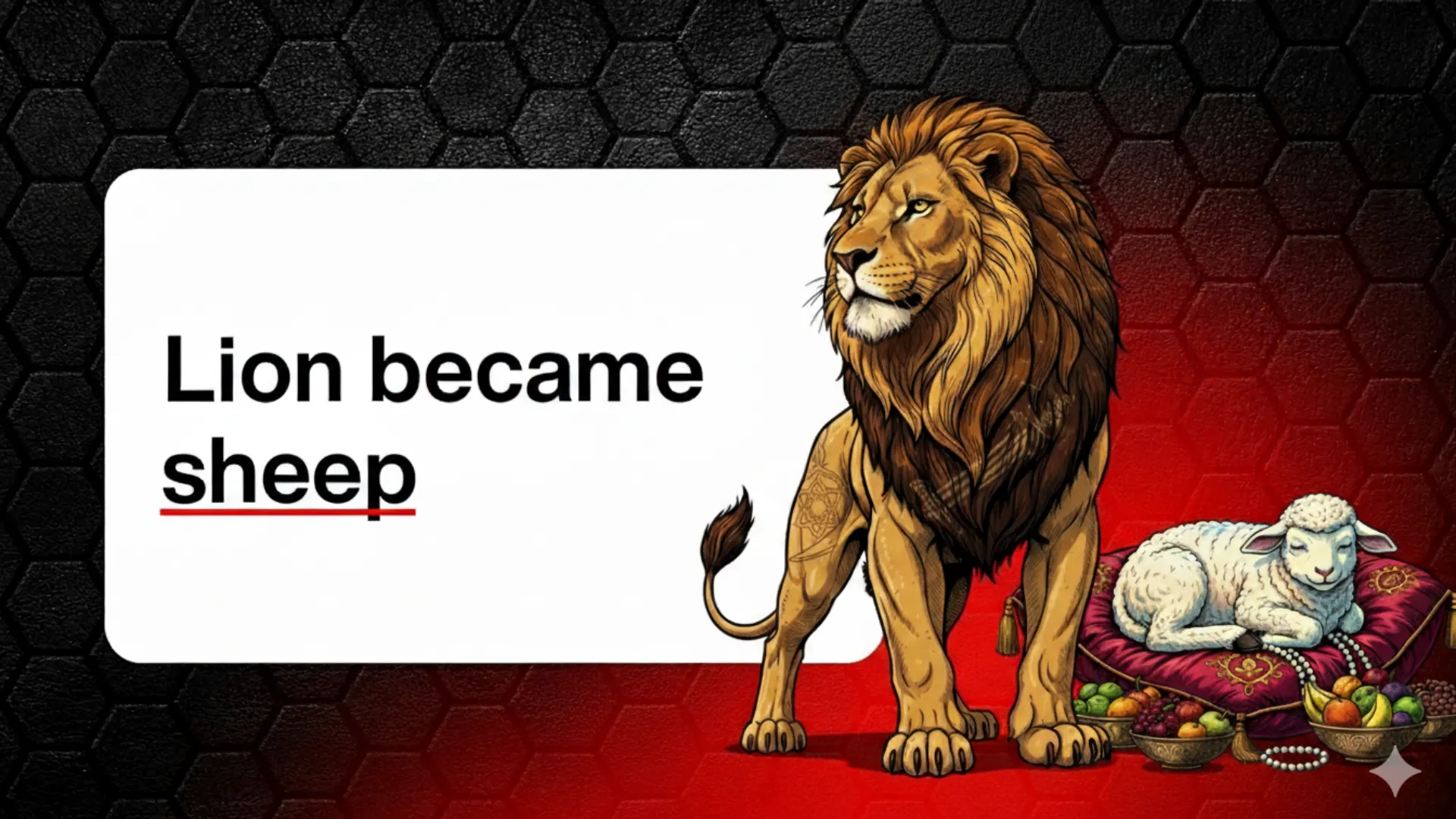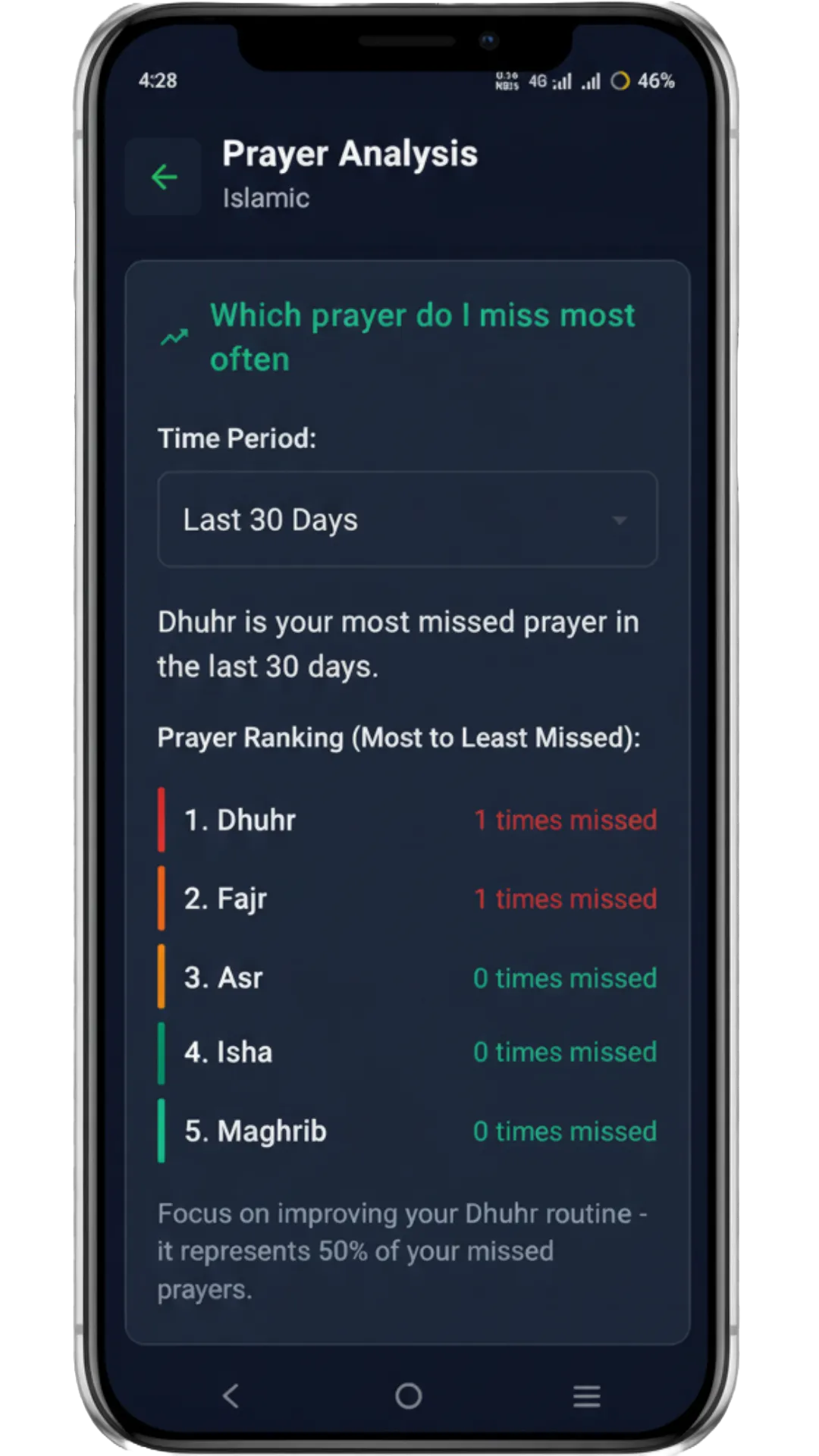A throne is not just a seat made of wood and gold.
It is a covenant.
It is a sacred trust—an amanah—placed upon a man’s shoulders by Allah himself. It is the weight of every hungry stomach, every unheard cry for justice, every soul living under its shadow.
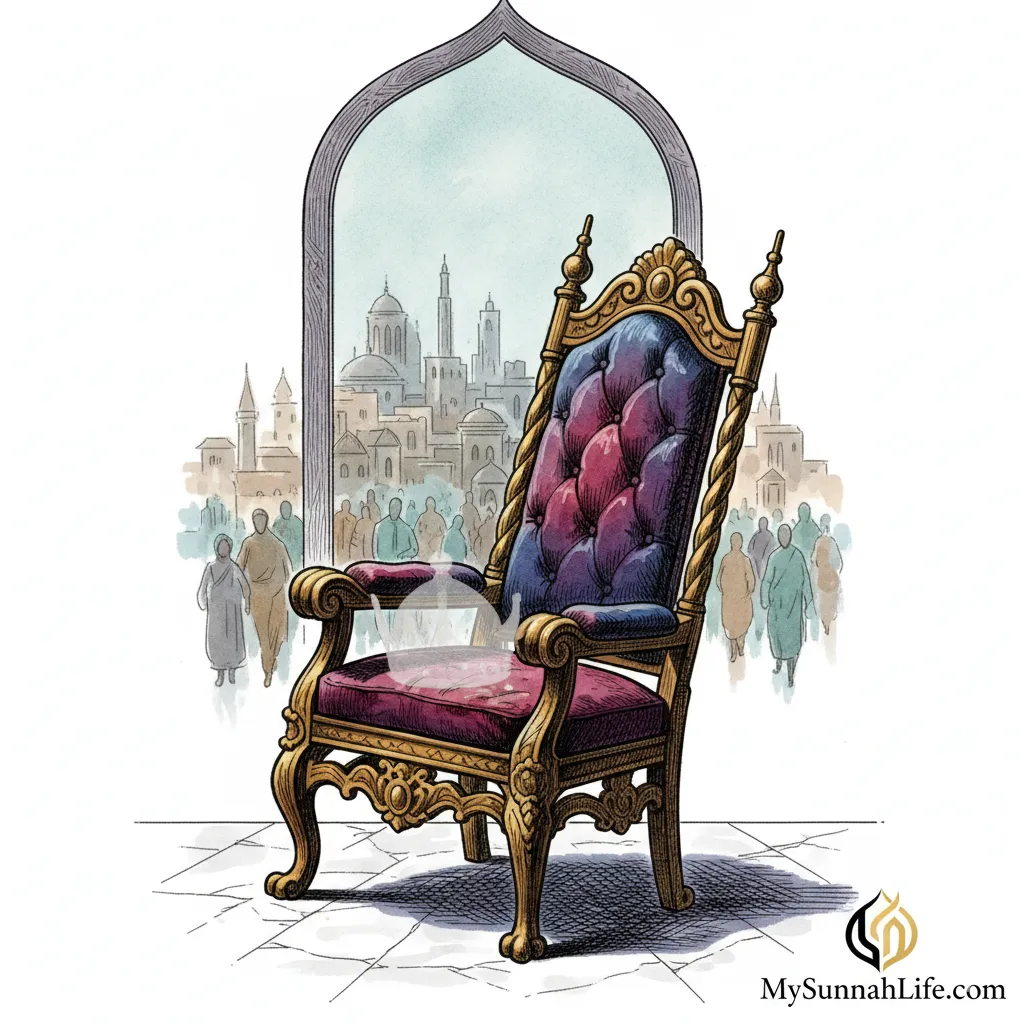
The first rulers of Islam understood this.
They slept on floors, mended their own clothes, and feared the day they would be asked about the flock they were entrusted with.
But history tells a second, more tragic story.
It is the story of the rust of gold. The story of how the very success that Allah granted became the seed of failure. It is the story of sultans who inherited the crown but forgot its weight.
Deedly
Advanced Prayer Tracker
Never miss your Salah again! Deedly is an advanced prayer tracking app designed for Muslims who struggle to maintain their daily prayers. Keep track of every prayer, build consistent habits, and strengthen your connection with Allah.
The Seduction of the Palace
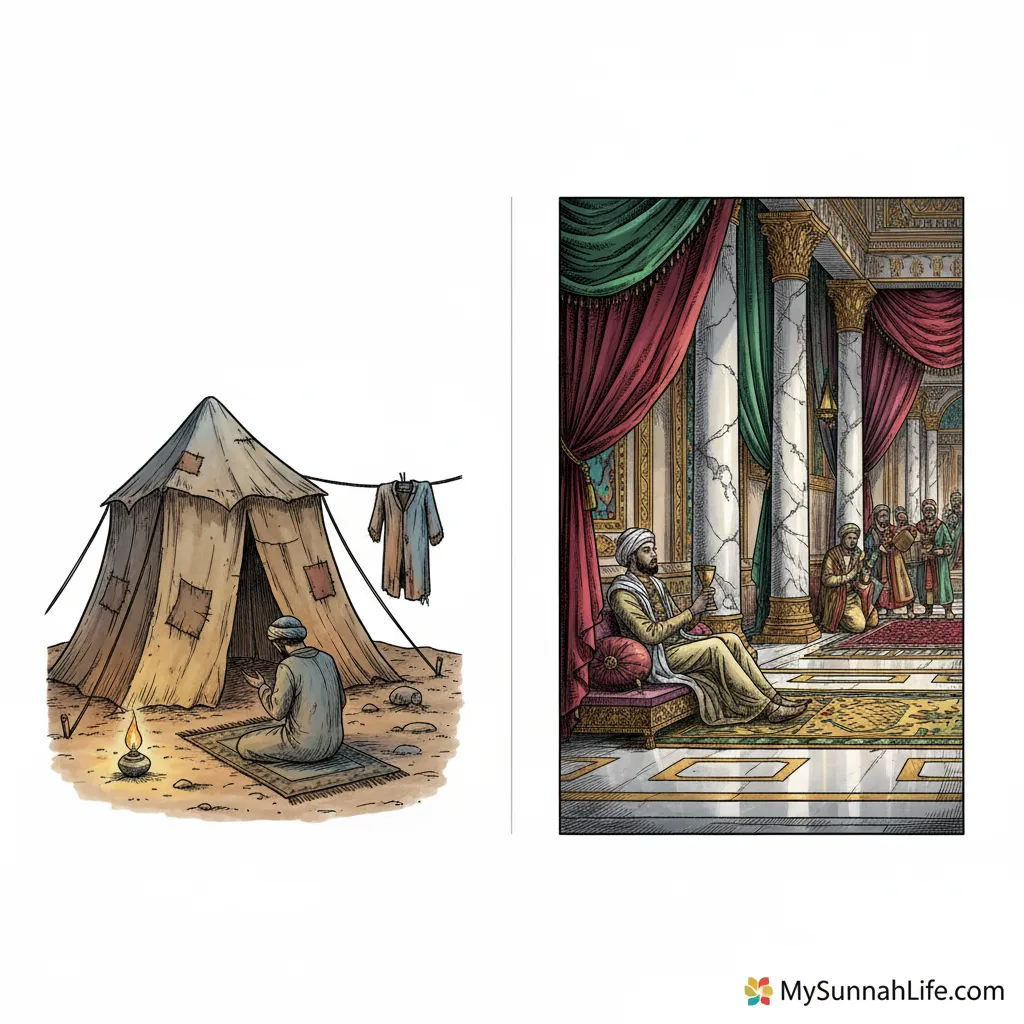
It never begins with a conscious choice for evil.
It begins with comfort.
The first generation fights in the dust and prays on the dirt. They build an empire on sacrifice, piety, and a sharp sense of purpose. Their sons are born in that empire. They inherit the victory but not the struggle.
For them, the palace is not a humble quarter; it is a world of marble and silk. The sound they hear is not the cry of the people, but the music of court poets and the whispers of flattering sycophants. The hardship they know is not the ache of a long campaign, but the boredom of a long feast.
Luxury is a slow poison.
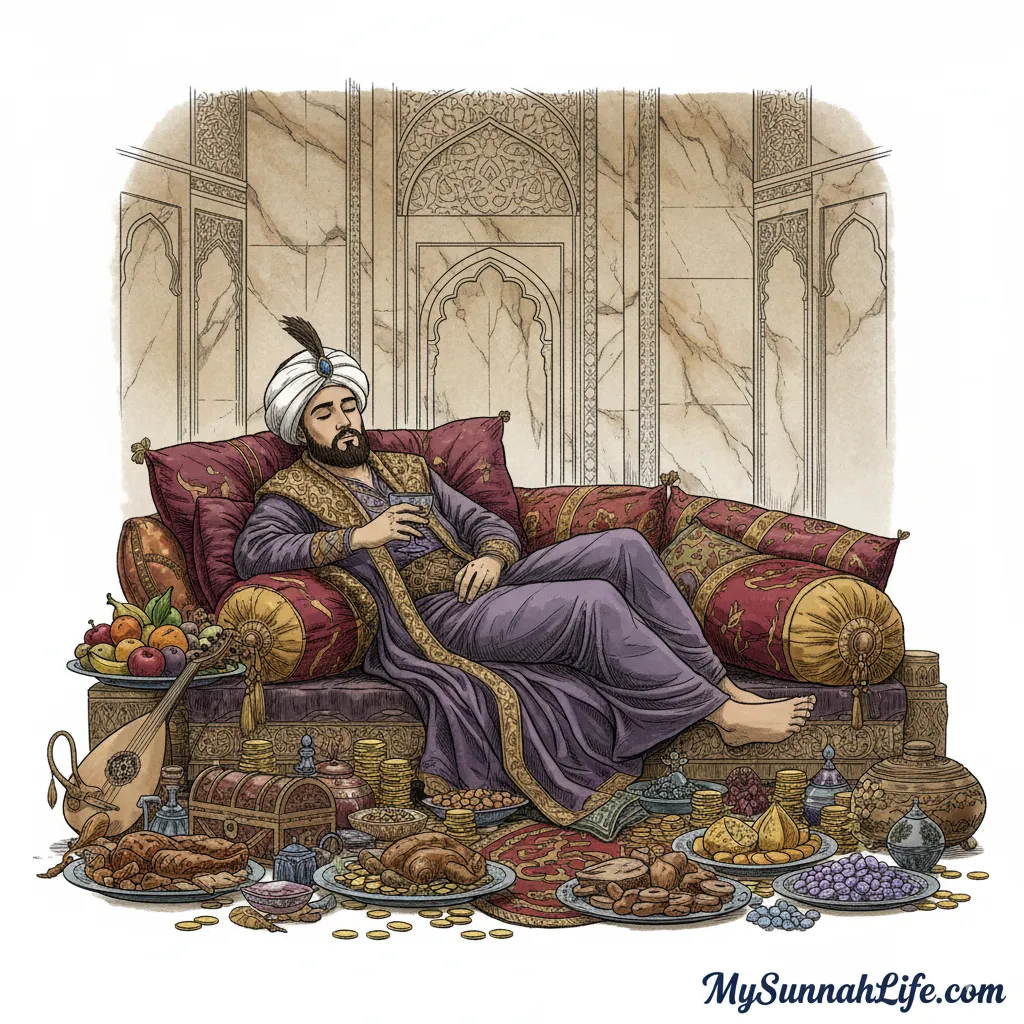
It starts by softening the hands, then it softens the mind, and finally, it hardens the heart. The sultan becomes a prisoner in his own gilded cage, insulated from the reality of the people he is meant to serve.
His world shrinks to the palace walls, and his concerns shrink to his own pleasures.
The First Casualty: Justice
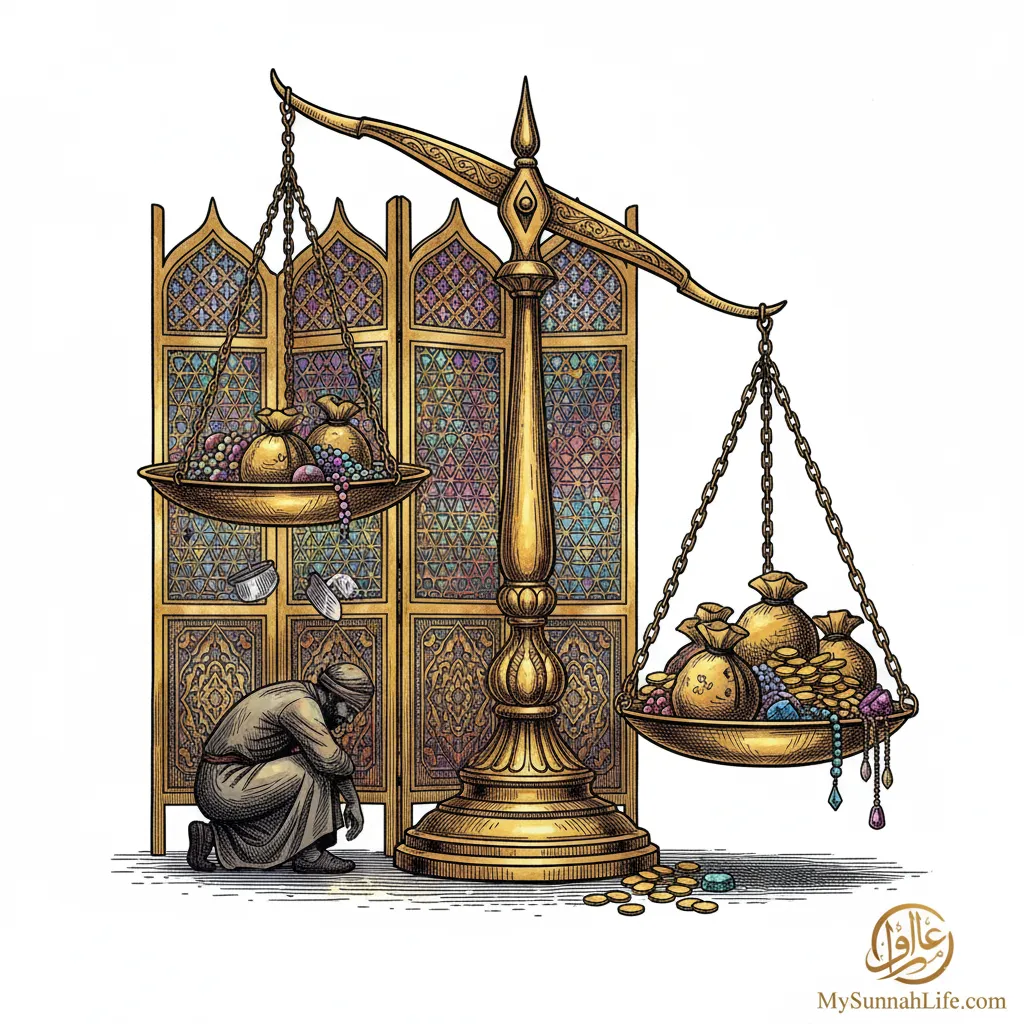
When a leader chooses luxury, the first thing to die is justice.
Why?
Because justice requires effort. It demands that the leader listen to the weak, confront the powerful, and feel the pain of the oppressed.
But a man consumed by his own comfort has no time for the discomfort of others. The cries from the street cannot penetrate the thick walls of the harem.
The petitions of the wronged are lost beneath piles of silks and jewels. He surrounds himself with men who tell him what he wants to hear, not what he needs to know.
Soon, the state begins to rot from the head down.
Governors are appointed not for their piety or skill, but for their ability to send extravagant gifts to the capital.
The army, which once fought for the sake of Allah (fi sabilillah), now fights for spoils and plunder. The treasury, which was the right of the people, becomes the private purse of the royal family.
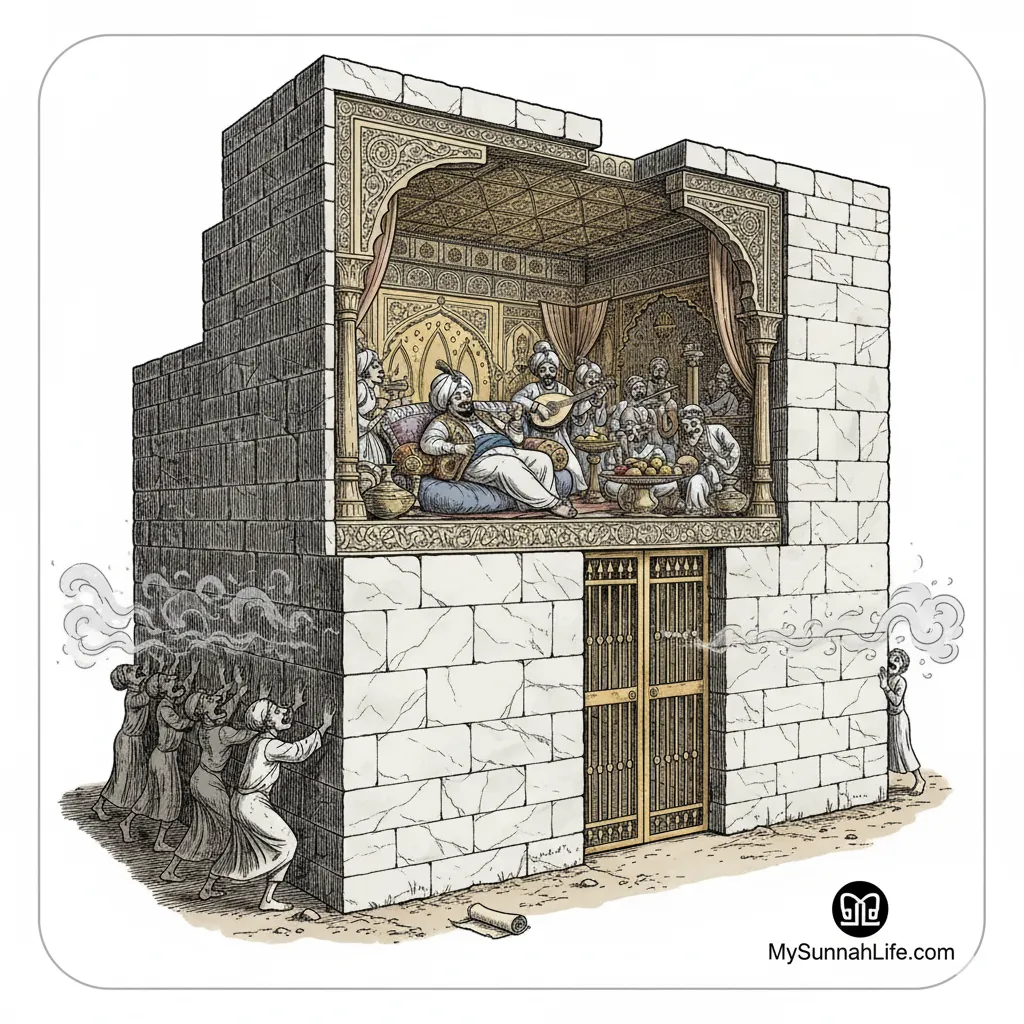
The people watch. They see the injustice. They feel the neglect.
And the love and loyalty they once held for the throne begin to curdle into resentment and despair.
The Inevitable End
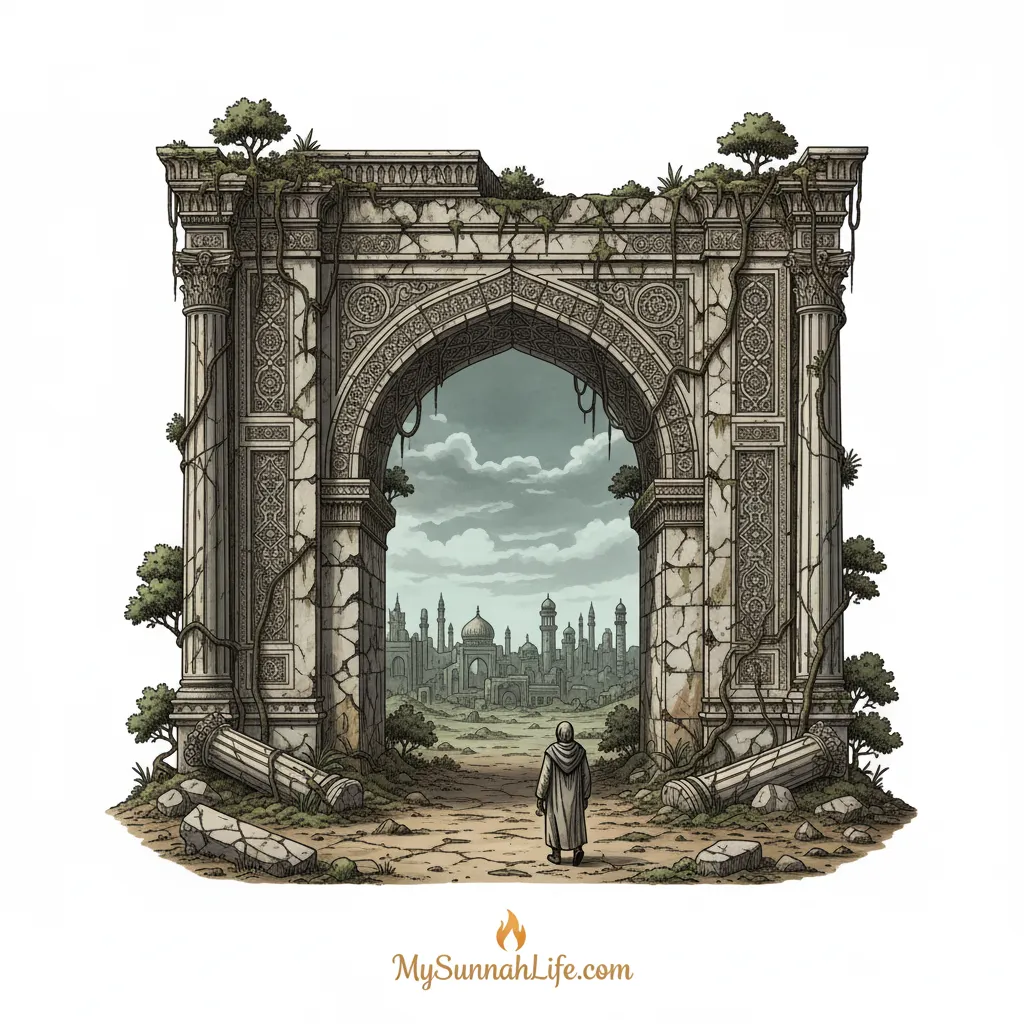
The enemies at the gate are not the real threat.
The true enemy is the one that has been cultivated within the palace walls: the enemy of decadence, apathy, and spiritual decay.
An empire built by lions of faith cannot be defended by lambs of luxury.
When the call to defend the realm comes, the sultan is too busy with his entertainment.
The generals are too busy counting their wealth.
The soldiers have lost their will to fight for a cause they no longer believe in.
And so, the fall comes.
It is always a shock to those inside the palace, but never a surprise to the historians or to the oppressed people on the outside. The mighty empire, which once seemed eternal, crumbles. What was built over centuries of sacrifice is lost in a generation of indulgence.
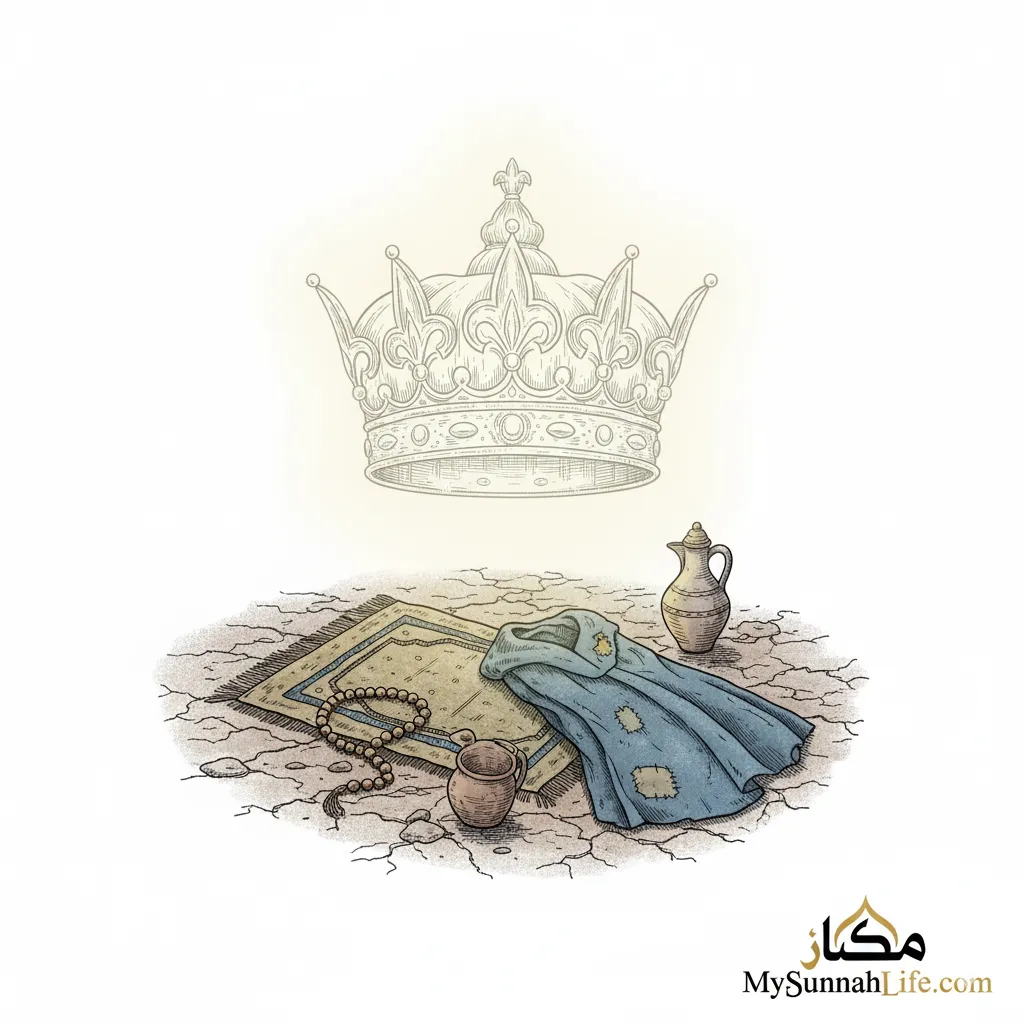
The Abbasids in Baghdad, the Mughals in Delhi, the final Sultans of Granada—the pattern is tragically familiar.
One day, that sultan, stripped of his crown, his silk, and his gold, will stand for his final accounting. He will not be in his court, surrounded by servants. He will be before his Creator, alone.
He will not be asked about the grandeur of his palaces. He will not be asked about the taste of his feasts.
He will be asked about the amanah. About the trust.
He will be asked about the orphan who slept hungry while he dined, and the widow whose rights were stolen while he was entertained.
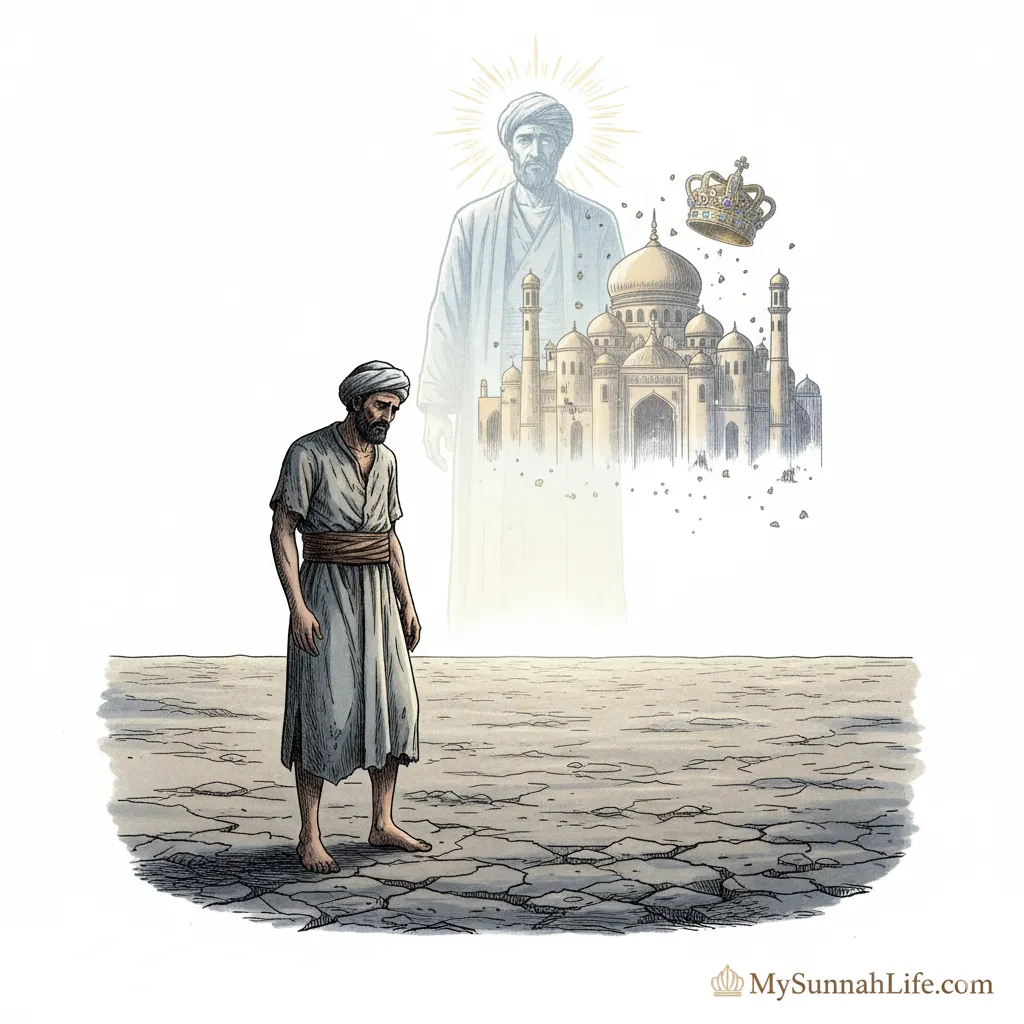
And in that moment, he will understand the terrifying weight of his choice.
He will realize he traded the eternal kingdom of the Hereafter for the fleeting pleasures of a world designed to fade away.
